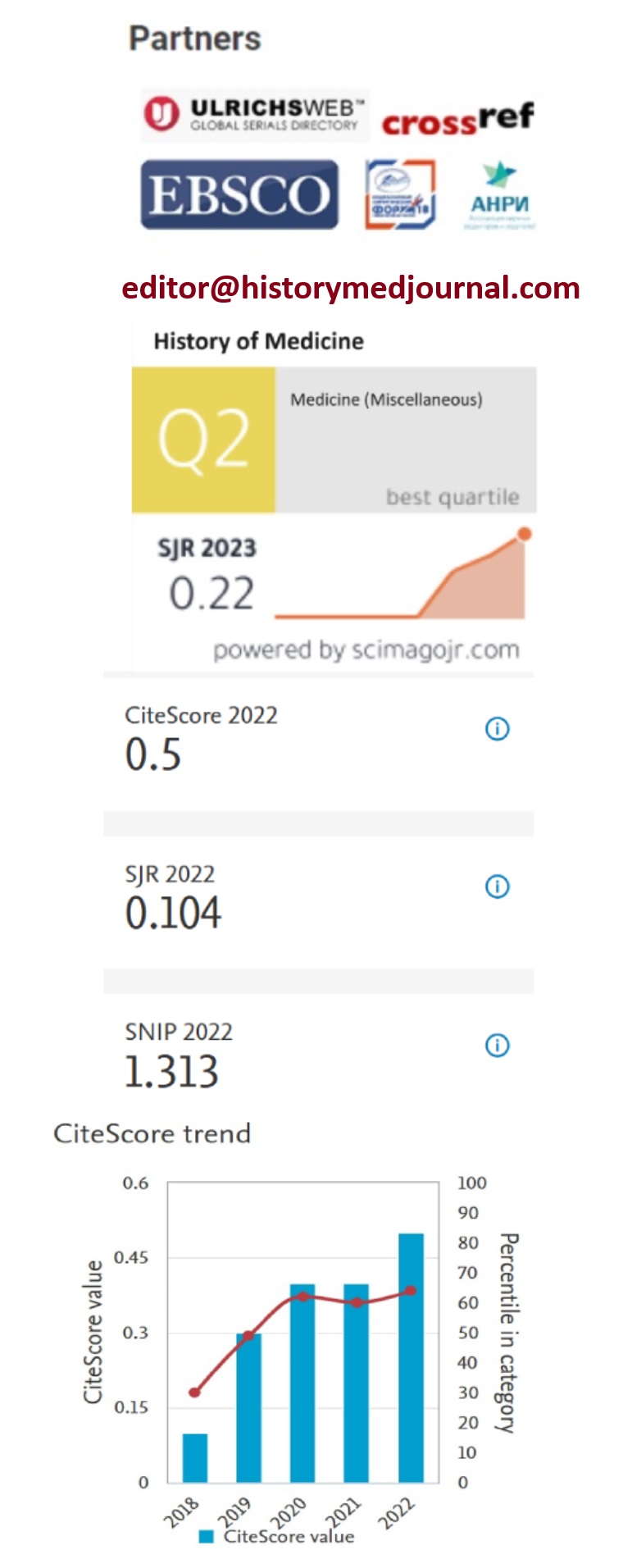-
Predictive Value of High-Sensitivity Cardiac Troponin and Other Biomarkers in Patients with Suspected Acute Coronary Syndrome
Volume -10 | Issue -2
-
LIVING WITH TYPE 2 DIABETES IN PAKISTAN: A QUALITATIVE EXPLORATION OF PATIENTS' VIEWS ON SELF-CARE
Volume -10 | Issue -2
-
EVALUATING THE KNOWLEDGE OF MEDICAL OFFICERS IN EMERGENCY DEPARTMENTS: A STUDY IN SINDH PROVINCE ON HANDLING MEDICAL EMERGENCIES
Volume -10 | Issue -2
-
Socio-Demographic, Physical and Clinical Risk Factors of Breast Cancer Patients in Pakistan
Volume -10 | Issue -2
-
Evaluation of Anti-Oxidant Potential and Novel Synergism Effect of Citrullus colocynthis against MDR pathogenic Strains
Volume -10 | Issue -2
DIABETES DETECTION AND DIET PLAN SUGGESTION FOR HEALTH CARE USING BIGDATA CLOUDS
Main Article Content
Abstract
Diabetes is a chronic health condition that affects millions of people worldwide. It requires continuous monitoring and management to prevent complications. With the advancement in technology, healthcare has seen a paradigm shift towards leveraging data-driven approaches to enhance disease detection, management, and personalized treatment plans. Big Data analytics, particularly in the context of healthcare clouds, presents an opportunity to analyze vast amounts of patient data to derive meaningful insights for better diabetes management. The traditional approach to diabetes detection and diet planning typically relies on rule-based systems or simple machine learning models. These systems may not adequately capture the intricate relationships within the data or adapt to the dynamic nature of patient health. Moreover, they might not fully exploit the potential of large-scale healthcare data available in cloud environments. On the other hand, the existing methods for diabetes detection and diet planning often lack the sophistication required to handle the complexity and variability of patient data. Additionally, the sheer volume of healthcare data available in cloud environments poses challenges in terms of processing and extracting meaningful information. The need to enhance accuracy, efficiency, and personalization in diabetes management calls for a more robust and sophisticated system. Therefore, there is a growing need for advanced analytics and machine learning techniques to improve the accuracy of diabetes detection and provide personalized diet plans tailored to individual patient needs. Thus, this work aims to build a user interface and cloud model by adopting an ensemble framework for diabetes detection and diet planning, which holds profound significance in revolutionizing healthcare analytics. By surpassing the limitations of individual models, ensemble frameworks excel in capturing nuanced data patterns, ensuring improved accuracy in diabetes prediction and the creation of personalized diet plans. The increased robustness and adaptability of ensemble models make them particularly well-suited for the dynamic and diverse nature of healthcare big data clouds. The scalability of ensemble frameworks enables the efficient processing of large volumes of healthcare data, facilitating real-time analytics and decision-making. In essence, the significance lies in the transformative potential to elevate the precision, adaptability, and efficiency of diabetes management, ultimately leading to enhanced patient care and outcomes

